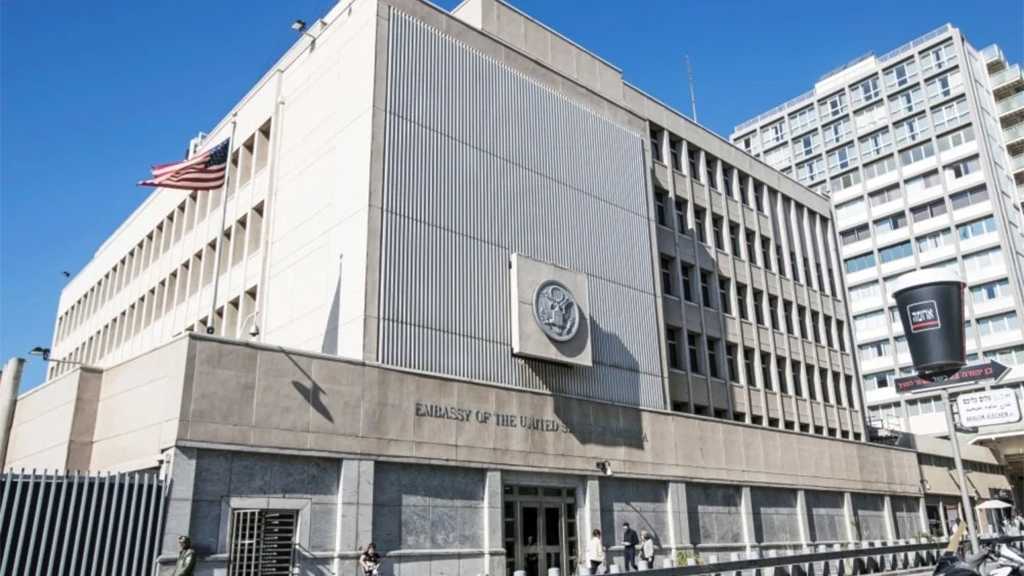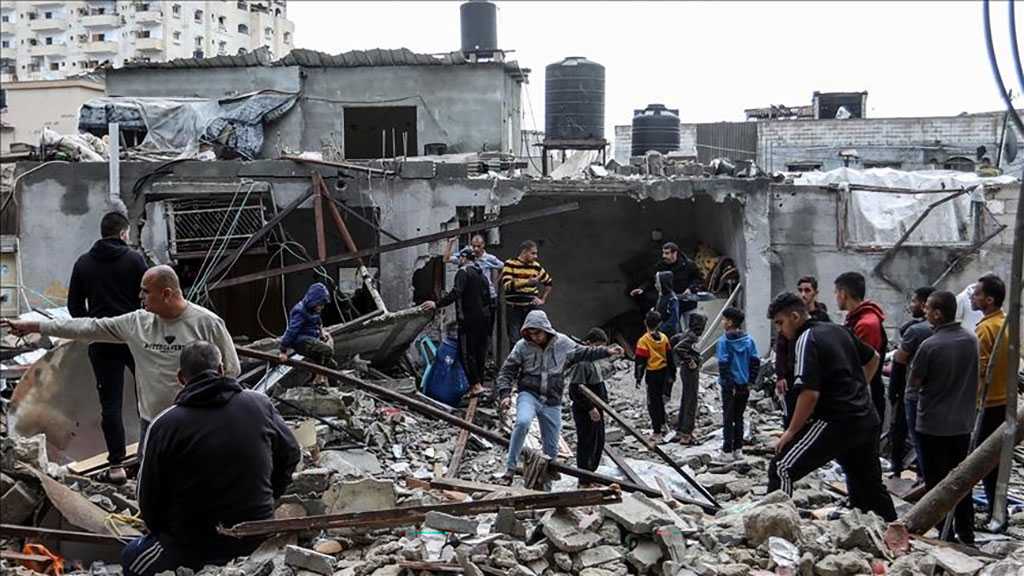US Embassy in Occupied Al-Quds Restricts Staff Movements Amid Tensions

By Staff, Agencies
The US Embassy in occupied al-Quds announced on Thursday that it is restricting the movement of American government employees and their families, citing heightened regional tensions and security risks.
“Due to the increased regional tensions, US government employees and their family members are restricted from travel outside the greater 'Tel Aviv' (including 'Herzliya,' 'Netanya,' and 'Even Yehuda'), Jerusalem (al-Quds), and "Be’er Sheva" areas until further notice," the embassy said in a statement.
The advisory allows travel between these areas, including to Tel Aviv’s Ben Gurion Airport and along the highway passing through the occupied West Bank to the Jordanian border.
The move came a day after President Donald Trump warned that US personnel were being repositioned due to the growing risk of a wider regional war, describing West Asia as “dangerous” amid the faltering of nuclear negotiations with Iran and rising speculation that "Israel" could launch a strike against Iranian facilities.
In response, Tehran has issued direct warnings that US military bases in the region could be targeted in the event of hostilities, further raising concerns of escalation.
An informed source revealed on Wednesday that a notice related to reducing the number of personnel at the US embassy in Baghdad, Iraq, was issued, although preparations for this move had begun three weeks ago, according to diplomatic sources.
Reuters reported yesterday that the United States is preparing a partial evacuation of its embassy in Baghdad and has authorized military dependents to leave installations across the Middle East due to growing regional security risks, according to US and Iraqi sources.
Four US and two Iraqi officials confirmed the move but did not specify the exact threat prompting the decision, while the US State Department did not immediately comment on the development.
Comments
- Related News



